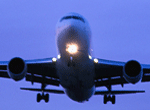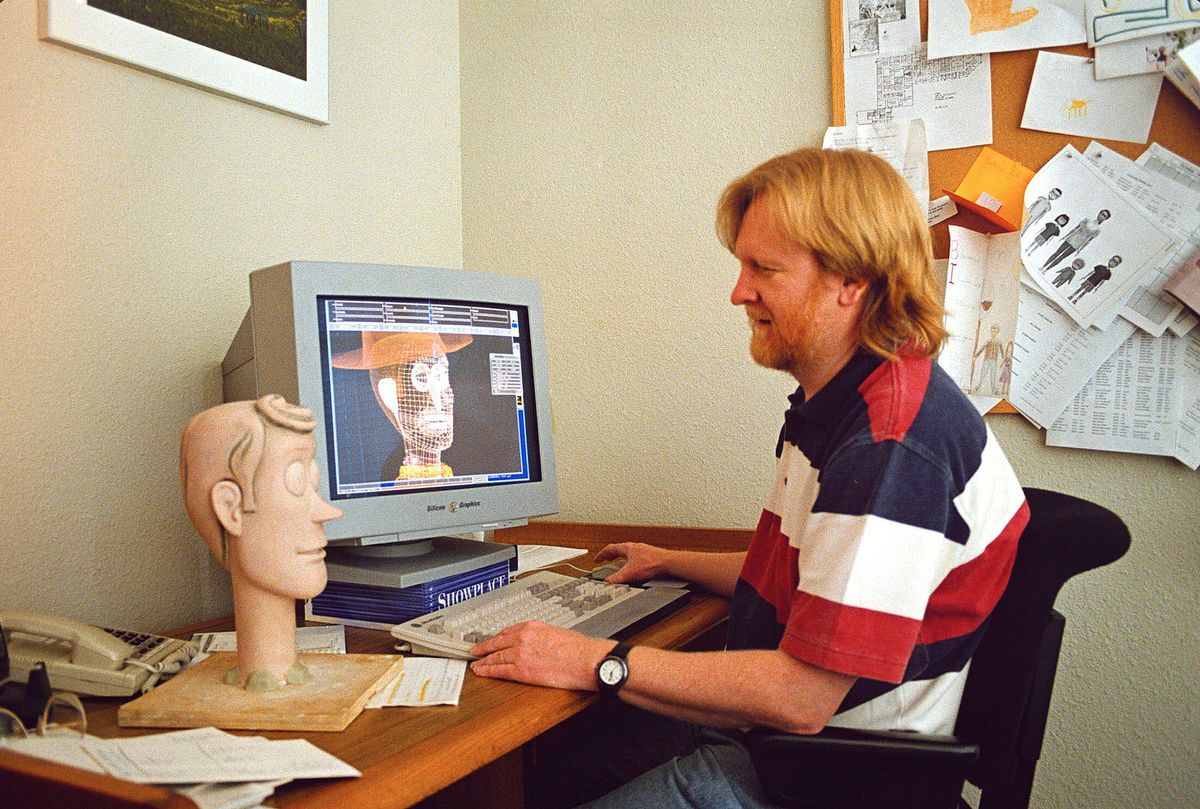According to the U.S. Federal Aviation Administration (FAA), U.S. aviation is experiencing "its safest period ever." Since November of 2001, there have been only four fatal aircraft accidents involving commercial airlines in the United States, and none since the February 12, 2009, crash of Colgan Air Flight 3407 in Buffalo, N.Y.
However, a couple of news stories the past week have highlighted increasing concerns about whether aviation is safe enough.
The first story, published by the AP, reported on an FAA draft study examining flight deck automation, which states that pilots' "addiction" to automation "...has eroded their flying skills to the point that they sometimes don't know how to recover from stalls and other mid-flight problems."
According to the draft study, pilots sometimes "abdicate too much responsibility to automated systems," leading Rory Kay, an airline captain, co-chair of an FAA advisory committee on pilot training, and Executive Air Safety Chairman for the Air Line Pilots Association, International to comment in the AP article: "We're forgetting how to fly."
The FAA study also said, according to an ABC News report, that in more than 60 percent of the accidents the FAA examined, "...pilots had trouble manually flying the plane or made mistakes with automated flight controls."
The FAA study reached its conclusions, reports the AP, after it examined "...46 accidents and major incidents, 734 voluntary reports by pilots and others, as well as data from more than 9000 flights in which a safety official rides in the cockpit to observe pilots in action."
One potential reason for the problems seen, the study says, is that airlines and regulations require the use of autopilot in most flying situations. According to the ABC News report, major commercial airline pilots "... do approximately three minutes of flying—during take-off and landing..." while commuter airline pilots "...manually operate the plane for 80 seconds out of a typical 2-hour flight..."
The AP story states that as the FAA moves to the Next Generation Air Transportation System (NextGen), pilots will be required to use autopilot even more. This could lead to more instances of the so-called "automation paradox" that I wrote about for Spectrum a few years back.
The FAA draft study recommends that airlines let their pilots take control of the aircraft more often to keep their skills sharp. In May, the FAA proposed a requirement on airlines to increase their pilots' training to manage rare emergency events.
The other article involving air safety was published yesterday by the Boston Globe. In this case, the issue involved air traffic controllers.
According to the Globe story, air traffic controller operational errors have climbed by 81 percent between 2007 and 2010 even as air traffic has declined by more than 10 percent.
The FAA basically dismissed the increase in errors reported in Globe article—as it did a similar article in USA Today in February—saying that the increase is a result of the Air Traffic Safety Action Program (ATSAP) agreed to by the FAA and the National Air Traffic Controllers Association (NATCA) in 2008. ATSAP, which is modeled after the Aviation Safety Action Program (ASAP) used by the FAA and the airline, is meant to encourage controllers to voluntarily identify their mistakes without the fear of punishment.
However, the Globe says, Congress is also concerned about the rise in reported operational errors, and has asked the Department of Transportation (DOT) to investigate whether the increase is indeed due to the new reporting system alone.
The Globe article cites several possible reasons for the increase in operational errors. One is that a large number of experienced air traffic controllers have retired over the past five years. On any given day, 25 percent of the 15 000 or so air traffic controllers on duty are now trainees.
Another potential reason is ongoing problems with a US $859 million, 10-year air traffic control training program awarded to Raytheon in 2008.
A third area of concern is air traffic controller fatigue, which has resulted in a number of high-profile incidents this year.
The Globe article quoted one experienced controller in Texas (who did not want to be cited by name for fear of losing his job) who said:
"I see the close calls, and it’s frightening...I don't feel as safe as I did five years ago."
The FAA final study on cockpit automation is due later this year; the DOT study on air traffic controller errors is due in the spring of next year.
So, how concerned should anyone be about so-called pilot "automation addiction" and air traffic operational errors? Are these issues of real concern, or are they overblown, given the FAA's statement that U.S. aviation is experiencing "its safest period ever"?
Robert N. Charette is a Contributing Editor to IEEE Spectrum and an acknowledged international authority on information technology and systems risk management. A self-described “risk ecologist,” he is interested in the intersections of business, political, technological, and societal risks. Charette is an award-winning author of multiple books and numerous articles on the subjects of risk management, project and program management, innovation, and entrepreneurship. A Life Senior Member of the IEEE, Charette was a recipient of the IEEE Computer Society’s Golden Core Award in 2008.



